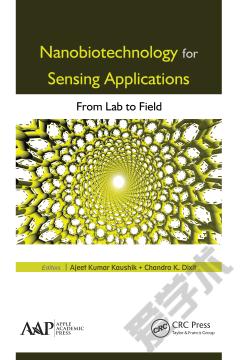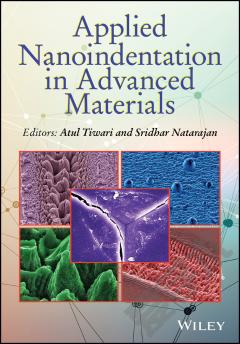Nanomaterials Design for Sensing Applications
Nanomaterials Design for Sensing Applications examines chemosensors, beginning with molecules that are able to respond to certain stimuli and then showing their assembly and incorporation into sensing materials. The mechanisms of their action for the detection of ions, specific molecules and biostructures, are also covered. A major theme is the affordability of sensors, with particular attention paid to inexpensive and reliable colorimetric sensors that can be read by the naked eye. The book also delves into the development of sensors that utilize existing RFID infrastructure and introduces a novel strategy for the development of self-healing sensing platforms. This book will help readers develop a better understanding of the types of materials used for sensing at the nano level, while also providing an insightful overview on recent advances in this important area.Demonstrates how the use of nanomaterials allows for the creation of cheaper, more reliable sensorsShows how metal oxide nanostructures are used as both sensors and supports for embedded organic and organometallic sensing moleculesExplores a novel sensing methodology resulting from the integration of nanostructured sensors into radio frequency identification tags
{{comment.content}}








 京公网安备 11010802027623号
京公网安备 11010802027623号